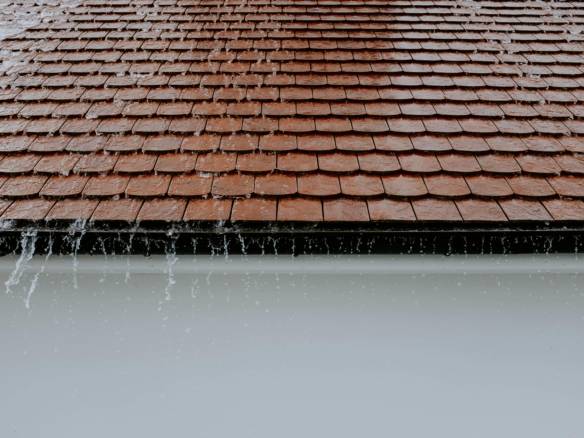There is a reason that Michelangelo’s David was sculpted from marble. For thousands of years, artists have had the wherewithal to know that the soft, translucent stone is able to refract and reflect light in such a bright and beautiful way that it is practically unparalleled and still used as a sculpting material to this day.
You may have walked across the polished marble or stone floor of a luxury hotel, or perhaps even seen it grace the counters of an enviable kitchen. This can be a conversation piece on its own, and it’s easy to catch oneself admiring the glittering flecks of reflective calcite amidst the polished feature. For this reason, it is often seen as a premier bullet point when marketing a home for sale, as it is considered quite a luxury, and rightfully so.
Maybe marble is not quite your speed. Over the last few decades, Granite and Quartz surfaces have become viable options in their own right, and in many applications, superior.
From Old to New Countertop Styles with Class
While marble can be considered the most elegant and timeless of these 3 options, it does come with a few downsides; mainly its porous nature and softness. What this means is that it is more likely to suffer damage such as chipping, scratching, or staining. Luckily, there are sealants available that help to minimize this damage. These sealants do not last incredibly long, however, and require a fresh application every few months or so. But so long as you are not dropping heavy cookware, cutting directly on the surface, and the upkeep factor is not a deal-breaker, marble can be a striking option for your kitchen. In fact, many homes in desirable neighborhoods & locations feature marble kitchen and bathroom countertops.
Granite
The second option on the table, pun somewhat intended, is granite. A cousin to marble, it can be equally, if not more visually appealing, depending on the flavor you choose. While marble is composed primarily of limestone, foliated or otherwise, granite is an exciting combo of quartz, mica, feldspar, among other things. The ratio of these ingredients gives the granite a wide array of colors and characteristics. Granite is also naturally harder than marble, which is comforting to the builder or homeowner who intends to put it through its paces. While it is harder than marble, it is still a naturally occurring stone, which means that it is also porous. Luckily, granite is slightly less porous than marble, meaning that it is less susceptible to staining and damage; Keyword: less. It still requires occasional sealing, although you may be happy to know that it only requires such treatment about once per year. Really not all that much of an inconvenience in the grand scheme of things.
Quartz
We lastly arrive at the newcomer – Quartz. While Quartz is its own mineral, in this case, the term refers to the engineered material made of about 90% ground natural quartz and the remaining 10% being polyresin (although that ratio can vary). But do not let that dissuade you. Engineered Quartz has many advantages over the previous two options, primarily its non-porous nature. What this means is that you do not have to bother with the routine sealing required by the former to options. And due to the man-made factor of the material, it can come in an extremely wide array of colors and patterns that are much more readily available. This would save you from waiting up to months on end for an exotic granite, such as the exceptionally rare and beautiful Van Gogh Granite. Some new homes and entire communities are being built with quartz countertops as standard material or in some cases, an available upgrade to homebuyers. You can see this trend in recent years, more and more. Quartz truly produces an elegant, clean, look, while providing a long-lasting surface, that is durable, and can withstand normal living pressures.
With a quick online search in your area, there will be dozens of companies that sell quartz, along with many other types of countertop materials. It is important to note that most places selling large slabs of materials will expect you to have the transportation to the jobsite taken care of. Some may offer a service that can take your new countertops wherever you need them too, but it could be pricey. Ensure you do your due diligence to make certain that you’re getting the best countertop materials, delivered, at the best possible price. That way when your finished installing, and take a look at your total expenses, you will be right on budget.



